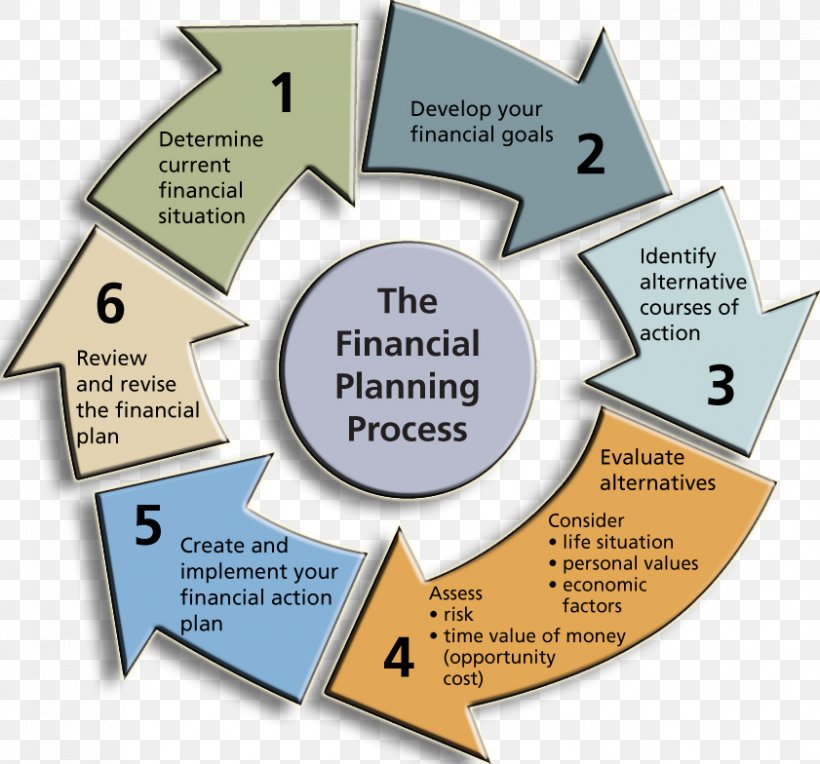
When a company hires a consultant to work for them on a project, it's usually a good idea for both parties to sign an agreement that defines the terms and conditions of the relationship. This agreement can protect both parties and ensure that the project runs smoothly.
What is a Consulting Services Contract?"
A consulting service contract is a legal document that outlines the specific scope of services, payment structure, and other important details. It's a vital document that should be reviewed before any agreement is signed, so both parties understand the expectations they have and are not surprised by any surprises down the line.
1. Scope and Compensation
The scope of the consulting services should be clearly defined in the agreement so that both parties know what the exact services are to be provided and can hold up their end of the bargain. This is a way to make sure that the services do not get overpriced or are delivered on time.

2. Compensation
It is often a good idea for consultants to have a fixed term. This will indicate how much the consultant will be paid at the conclusion of their contract. This will help the client know what they can expect to be paid and how to resolve any disputes.
3. Non-Disclosure & Non-Compete
A consulting services agreement should contain a provision that prohibits the consultant from competing with the company during the contract or for a certain length of time after it ends. This will help ensure that the consultant is not jeopardizing the company's assets or reputation without recourse.
4. Agency Intellectual Property and Data & Background Information
It is necessary for the parties to have an agreement that clarifies the ownership rights of Agency intellectual property and data. It should also stipulate that any parties may not use any of this material without prior approval from the agency.
5. Agency Representations and Warranties
An agreement should contain a section that lists the warranties and representations of consultants in relation to the project. These should cover the scope of the project, how it will be completed, the goals and objectives that will be met and any other important details.

6. Miscellaneous Provisions
Other provisions should also be included that govern the contract and resolve any conflicts that might arise throughout or after the project. These might cover issues such as governing law, how disputes are resolved and the assignability of the rights and obligations under the contract.
7. Injunctive Relief
The parties agree that injunctive relief will be sought to remedy any breach by either party of the agreement's terms and conditions or covenants. This will ensure that neither party is exposed to additional risk and that any issues can be resolved quickly and efficiently.
FAQ
How is consulting different to freelancing
Freelancers can be self-employed people who provide their services to clients, without the involvement of employees. They typically charge hourly rates based on time spent working on a client's project. Consultants work for companies and agencies that employ them. Consultants are typically paid either monthly or annually.
Freelancers tend to have more flexibility than consultants because they control their work hours and set their own prices. However, consultants often have better benefits, such as health insurance, vacation days, sick leave, retirement plans, etc.
Can anyone become a consultant
A consultant is someone who assists you in achieving your goals by offering advice and suggestions on how to achieve it faster, cheaper, and so forth.
Consulting can be a great way to solve problems, make informed decisions, and work with others.
Consultants are often hired for specific projects or tasks.
In fact, most consultants are paid hourly or daily rates rather than per project.
What jobs are available as consultants?
Consulting requires an in-depth understanding of operations and business strategy. Understanding how businesses work and their place in society is also essential.
Consultant work requires excellent communication skills and the ability to think critically.
Consultants should be flexible because they may be asked for different tasks at various times. They should be able change direction quickly, if required.
They must be prepared to travel extensively for the clients they represent. They may be required to travel all over the globe for this type of work.
They need to be able and able to manage pressure and stress. Consultants may need to meet strict deadlines.
As a consultant you might work long hours. You might not always be paid overtime.
Why hire consultants?
There are many reasons to hire consultants.
-
An organization might have a particular problem or project that requires solving
-
You want to improve your own skills or learn something new
-
It is important to work with an expert on a subject area
-
You have no other choice but to do the job.
-
Feel overwhelmed by all the information available and don't know where you should start
-
It's impossible to afford to hire someone full-time.
Referrals are the best way for you to find a qualified consultant. Ask around if anyone knows any reputable consultants. Ask someone you already know to recommend a consultant.
If you choose to use online directories such LinkedIn, make sure to use the "Search People” function to locate consultants in your area.
Statistics
- Over 50% of consultants get their first consulting client through a referral from their network. (consultingsuccess.com)
- Over 62% of consultants were dissatisfied with their former jobs before starting their consulting business. (consultingsuccess.com)
- 67% of consultants start their consulting businesses after quitting their jobs, while 33% start while they're still at their jobs. (consultingsuccess.com)
- According to statistics from the ONS, the UK has around 300,000 consultants, of which around 63,000 professionals work as management consultants. (consultancy.uk)
- My 10 years of experience and 6-step program have helped over 20 clients boost their sales by an average of 33% in 6 months. (consultingsuccess.com)
External Links
How To
How do you find the best consultant?
First, ask yourself what kind of consultant you are looking for. Before you begin searching for a consultant to help you, you should be clear on your expectations. It is important to make a list with all the requirements you have for a consultant. This might include skills such as project management, professional expertise, communication, availability, and technical skills. Once you've listed out these requirements, then you may want to consider asking some friends or colleagues who they would recommend. Ask your friends or colleagues about any negative experiences they have had with consultants, and compare their recommendations with yours. Do some internet research if they don't have recommendations. Many websites allow people to post reviews about their work experience, including Angie's List and Indeed. Take a look at comments and ratings from others, and use that data to find potential candidates. Finally, once you've got a shortlist of potential candidates, make sure to contact them directly and arrange an interview. During the interview, you should talk through your requirements and ask them to explain how they can help you achieve those goals. It doesn't matter if they were recommended to your company; all that matters is that they are able to understand your business goals and show how they can help.